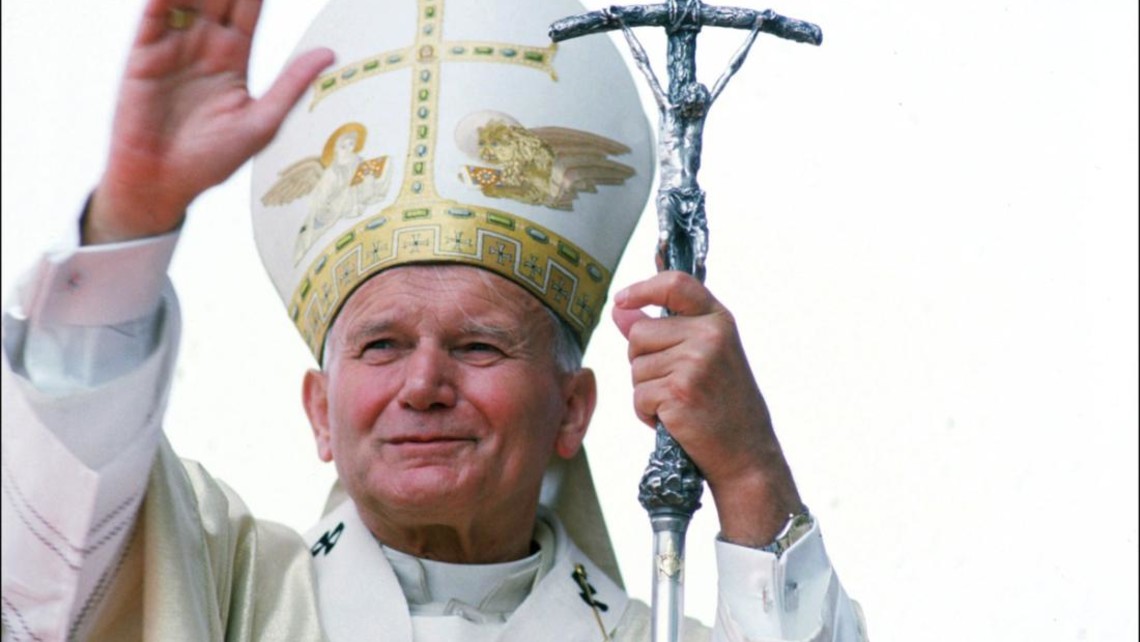
If the spiritual life is an integral aspect of our daily lives, one might then ask why even distinguish it? It is helpful to do so because there are many subordinate ends to the spiritual life to which we need to be attentive. As ends, they are important and compelling. However, because they are subordinate to the good of the spiritual soul, we need a way of discerning how these subordinate ends fit into the grand scheme of our lives’ highest ends (e.g. salvation, communion with God and others, etc.). For example, eating can be described as an end of human nature. It is sometimes called a proximate end, which is an end necessary for other ends to be fulfilled. In this example, eating is a proximate end for the flourishing of our bodily and spiritual life. Eating of course is not our final end, or even one of our highest ends. But it would be a mistake to reduce eating to just a means to the greater ends because this would obscure the role it plays in life.
Because eating is the material parallel of spiritual communion, eating is more than simply a means. It is an end in the context of communion. We are made to rest in the experience of eating when it accompanies experiences of communion with others. However, we often treat it as a means, often to nutritional health, sometimes simply to pleasure. To be properly ordered, eating should go beyond serving as a means; it ought to serve the highest end which is communion with God and one another. This can happen in family meals, and at its most sublime it occurs in Holy Communion. Reducing eating to a means to nutrition does not disorder it, but it does diminish the full value of eating as an end, which some suggest contributes to the loss of family and social harmony. However, treating it solely as a means to pleasure, does disorder eating. On the other hand, to place eating as a greater end than it is (i.e. in a position equal to or superior to communion with God and others) is to disorder one’s entire life.
Another example in which we might misplace subordinate ends, promoting them ahead of higher ends, is in our relationships with other human persons. Our relationships with others are also ends, but they are not our final or greatest end. Every human person’s final end is communion with God alone. However, it is all too common for us to place human relationships ahead of our relationship with God. While we may not realize it, to do so is a form of idolatry. Any time we treat anyone as more important to us than God, we undermine not only our relationship with God, we also damage our relationship with that person.
So, we need to properly identify our ends and to order them rightly. The spiritual life does this by helping us to focus on the universal Christian vocation to holiness, which is nothing other than perfecting ourselves in love (see CCC 2013). We need to realize that human perfection is not only a possibility; it is a requirement. Jesus tells His disciples that they must become “perfect as [their] heavenly Father is perfect” (Matt 5:48). The epistle to the Hebrews admonishes Christians that we must “strive for…the holiness, without which no one will see the Lord” (Heb 12:14). Jesus tells St. John in his mystical vision of heaven, the reason for this. He says, “nothing unclean will enter [heaven]” (Rev 21:27). The perfection called holiness is not general perfection in all we do, it is heroic love. We all have the ability to love sufficiently, perfectly in this life that we can enter into heaven when we die. It is not possible through human effort alone, but it is can be done by cooperating with God’s grace. To argue otherwise, is to call God, however unintentionally, a liar. To suggest that our weaknesses are greater than God’s strength is a satanic lie.




